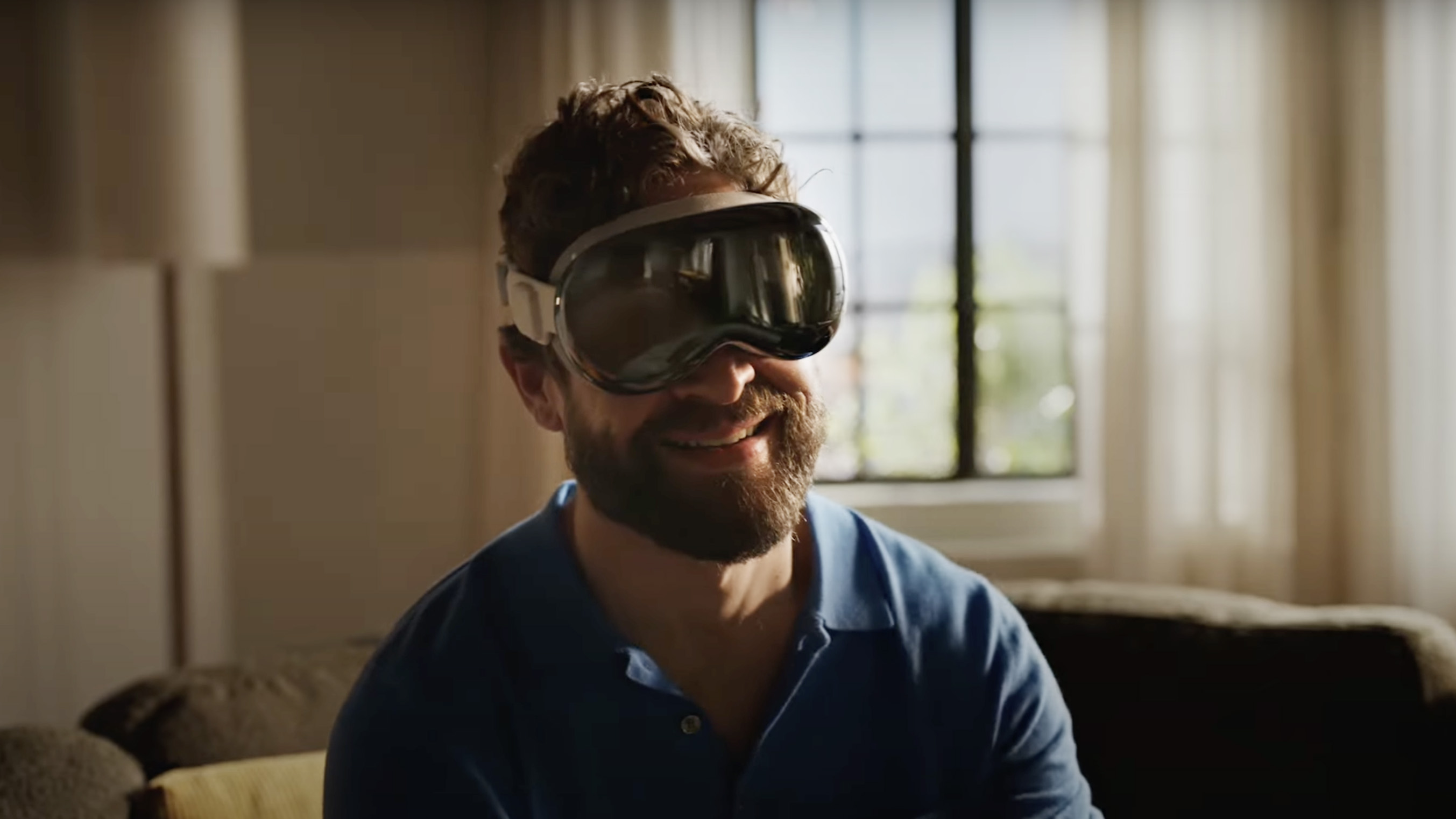Google won't be rivalling Apple Vision Pro as it scraps plans for Iris AR glasses
Google has decided to focus on the software side instead


If you’re more Android than Apple and hoping to see Google take on Apple’s Vision Pro AR/VR headset, it looks like you’re out of luck. According to a report, Google’s next-generation glasses project, codenamed Iris, was shelved earlier this year.
The report comes via Hugh Langley at Business Insider (paywall) and is based on inside information from multiple Google employees. Although Iris went through several different versions, Google has decided to focus instead on software for headset manufacturers such as Samsung instead.
It suggests a lack of direction inside Google was part of the problem, with bosses changing the strategy multiple times to the confusion and frustration of employees. It also appears that Google was spooked by the in-development Vision Pro: “Google employees described the Samsung partner goggles as a direct response to fears of what Apple was working on.”
What were Google's AR/VR plans, and what is it doing now?
Project Iris first leaked in January 2022, when The Verge described an AR/VR device resembling a pair of ski goggles – sound familiar, Apple watchers? Google demoed a version of Iris late last year with translation features and what looked like a heads-up display rather than full augmented reality.
It’s interesting that the company apparently decided to kill off Iris earlier this year, because in February, Samsung just happened to announce an AR/VR headset that would use Google software to power it. The headset may be revealed soon, but probably not launched later this year, and the operating system is believed to be based on Android.
That fits with Samsung’s wider strategy, which is to reduce its own input into the software and let Google do the heavy lifting. For example, after experimenting with its own wearable OS for the Galaxy Watch, Samsung is back on the Wear OS bus again. It’s likely that, as with Android and Wear OS, Google isn’t going to keep its XR (extended reality - a mix of AR and VR) software exclusive to any manufacturer neither.
According to Business Insider, Google is working on two XR operating systems: a big one for Samsung’s headset, and a “micro XR” platform for smart glasses. That latter product is likely to arrive much later: Apple was working on something similar and has shelved its plans indefinitely, presumably because the tech is still too tricky, bulky and expensive to make a compelling product.
Get all the latest news, reviews, deals and buying guides on gorgeous tech, home and active products from the T3 experts
Writer, musician and broadcaster Carrie Marshall has been covering technology since 1998 and is particularly interested in how tech can help us live our best lives. Her CV is a who’s who of magazines, newspapers, websites and radio programmes ranging from T3, Techradar and MacFormat to the BBC, Sunday Post and People’s Friend. Carrie has written more than a dozen books, ghost-wrote two more and co-wrote seven more books and a Radio 2 documentary series; her memoir, Carrie Kills A Man, was shortlisted for the British Book Awards. When she’s not scribbling, Carrie is the singer in Glaswegian rock band Unquiet Mind (unquietmindmusic).
